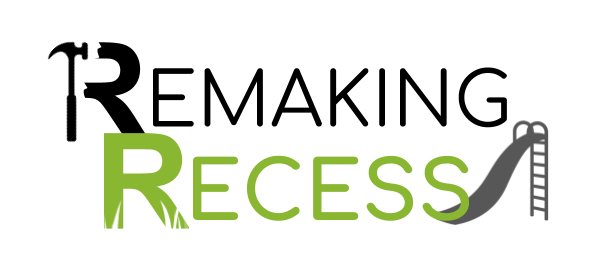Connie Kasari, PhD is a professor at UCLA in Human Development and Psychology and also Psychiatry. A leader in the world of autism research and treatment, Connie has published extensively on child development, psychology, psychiatry and special education. She is well known for her work developing interventions to help children with ASD improve socially by targeting language, joint attention, and symbolic play. Connie is the lead investigator for the AIR-B Network which is concluding a large-scale randomized controlled trial of the Remaking Recess intervention and founder of the Kasari Lab.
Watch Remaking Recess In Action






This project is supported by the Health Resources and Services Administration (HRSA) of the U.S. Department of Health and Human Services (HHS) under grant number UA3 MC 11055. This information or content and conclusions are those of the author and should not be construed as the official position or policy of, nor should any endorsements be inferred by HRSA, HHS or the U.S. Government.


